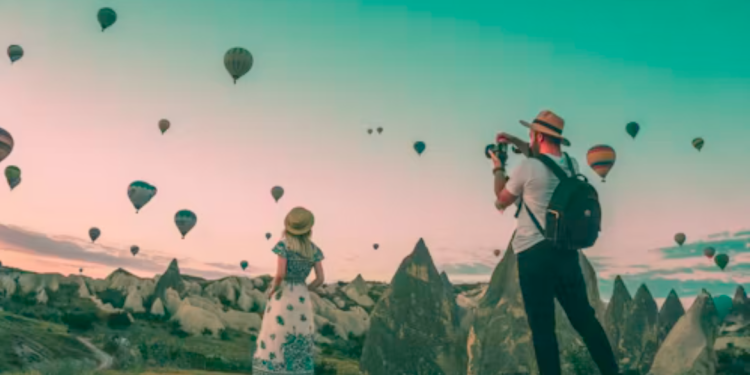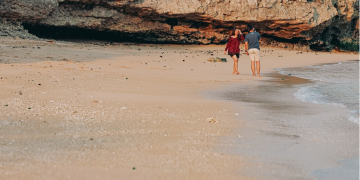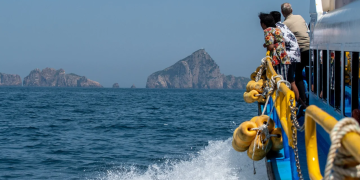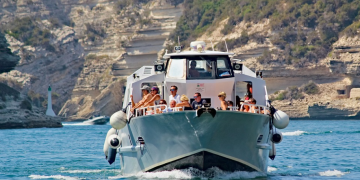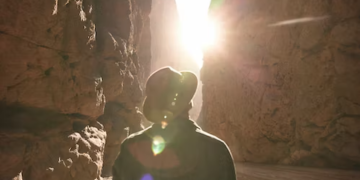Introduction
Camping is a beloved outdoor activity that allows us to connect with nature, unwind from the hustle and bustle of daily life, and create lasting memories with friends and family. However, to truly enjoy the camping experience, it’s essential to have the right gear. In this comprehensive guide, we’ll explore the essential camping equipment you’ll need for your next outdoor adventure, from tents and sleeping gear to cooking equipment, safety tools, and more.
Tents and Shelter
When it comes to camping, having a reliable shelter is paramount. There are various types of tents and shelters available, from spacious family tents to lightweight backpacking shelters. Consider factors such as size, weight, and weather resistance when choosing a tent, and be sure to practice setting it up before your trip to ensure a smooth camping experience.
Sleeping Gear
A good night’s sleep is crucial for enjoying your camping trip to the fullest. Invest in a high-quality sleeping bag that suits the climate and temperature of your destination, and consider pairing it with a sleeping pad or mattress for added comfort and insulation from the cold ground. Proper sleep gear can make all the difference in your camping experience.
Cooking Equipment
Cooking delicious meals over an open fire or camp stove is one of the joys of camping. Make sure to pack a reliable camp stove, along with cookware and utensils for preparing meals. Consider options like lightweight backpacking stoves for remote camping trips, and don’t forget to bring along food storage containers and cooler bags to keep your provisions fresh.
Clothing and Footwear
Dressing appropriately for the outdoors is essential for staying comfortable and safe while camping. Layering your clothing is key to regulating body temperature in changing weather conditions, so pack a mix of base layers, insulating layers, and outer shells. Invest in sturdy, waterproof footwear that provides support and traction for hiking and exploring rugged terrain.
Safety and Navigation
Safety should always be a top priority when camping in the wilderness. Pack essential safety equipment such as first aid kits, emergency supplies, and communication devices like cell phones or satellite phones. Additionally, familiarize yourself with navigation tools such as maps, compasses, and GPS devices to help you find your way in unfamiliar territory.
Hydration and Water Purification
Staying hydrated is crucial when spending time outdoors, so be sure to pack plenty of water and hydration supplies. Consider investing in a water filter or purification system to ensure access to clean drinking water, especially when camping near natural water sources. Be vigilant about treating and purifying water to avoid waterborne illnesses.
Lighting and Tools
Proper lighting and tools can make camping tasks easier and more enjoyable. Pack a variety of lighting options such as flashlights, headlamps, and lanterns to illuminate your campsite after dark. Additionally, bring along multi-tools and knives for various tasks, and remember to handle them safely to prevent accidents.
Personal Hygiene and Sanitation
Maintaining personal hygiene and sanitation is essential for staying healthy and comfortable while camping. Pack essential hygiene products such as soap, toilet paper, and hand sanitizer, and be mindful of proper waste disposal to minimize environmental impact. Practice Leave No Trace principles to ensure that you leave your campsite cleaner than you found it.
Entertainment and Relaxation
While camping is often about unplugging and immersing yourself in nature, it’s also important to have ways to relax and unwind at the campsite. Bring along games, books, or hobbies to enjoy during downtime, and take time to appreciate the beauty of your surroundings. Remember that camping is as much about relaxation as it is about adventure.
Packing and Organization
Efficient packing and organization can make your camping trip more enjoyable and stress-free. Use packing cubes or storage bins to keep gear organized and easily accessible, and consider lightweight and compact options to minimize bulk and weight. Practice packing and unpacking your gear before your trip to streamline the process.
Environmental Considerations
Responsible outdoor recreation is essential for preserving natural spaces and minimizing impact on the environment. Familiarize yourself with Leave No Trace principles, which include principles like packing out trash, respecting wildlife, and staying on designated trails. By practicing good camping ethics, you can help protect the wilderness for future generations to enjoy.
Budget-Friendly Options
Camping gear doesn’t have to break the bank. There are plenty of affordable alternatives to expensive outdoor equipment, from budget-friendly tents and sleeping bags to DIY camping hacks and homemade gear. With a little creativity and resourcefulness, you can enjoy the great outdoors without spending a fortune.
Conclusion
Preparing for a camping trip requires careful planning and consideration of essential gear and equipment. By investing in high-quality camping essentials and practicing responsible outdoor ethics, you can ensure a safe, enjoyable, and memorable camping experience. So pack your gear, head into the great outdoors, and embark on your next adventure with confidence.
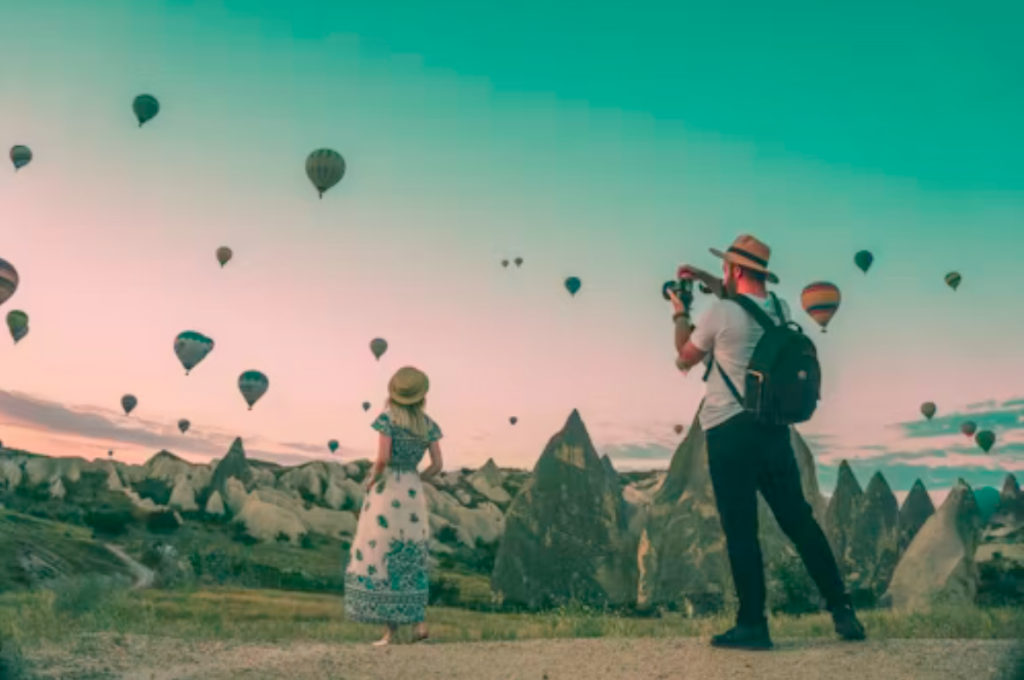
FAQs
- Do I need to buy expensive camping gear to enjoy camping?
- Not necessarily. While high-quality gear can enhance your camping experience, there are plenty of budget-friendly options available that provide excellent performance at a fraction of the cost.
- How can I stay safe while camping in the wilderness?
- Prioritize safety by packing essential safety equipment, familiarizing yourself with your surroundings, and following basic outdoor safety guidelines. Always let someone know your itinerary and expected return time, and be prepared for emergencies.
- What should I do with my trash while camping?
- Practice Leave No Trace principles by packing out all trash and waste from your campsite. Bring along trash bags or containers to collect garbage, and dispose of it properly when you return to civilization.
- Can I bring my pet camping with me?
- Many campgrounds allow pets, but it’s essential to check the rules and regulations of your chosen campground before bringing your furry friend along. Be sure to pack essentials for your pet, such as food, water, and bedding, and always keep them on a leash and under control.
- What should I do if I encounter wildlife while camping?
- Respect wildlife from a distance and avoid approaching or feeding wild animals. Store food and scented items securely to prevent attracting wildlife to your campsite, and familiarize yourself with proper wildlife safety protocols for your destination.

